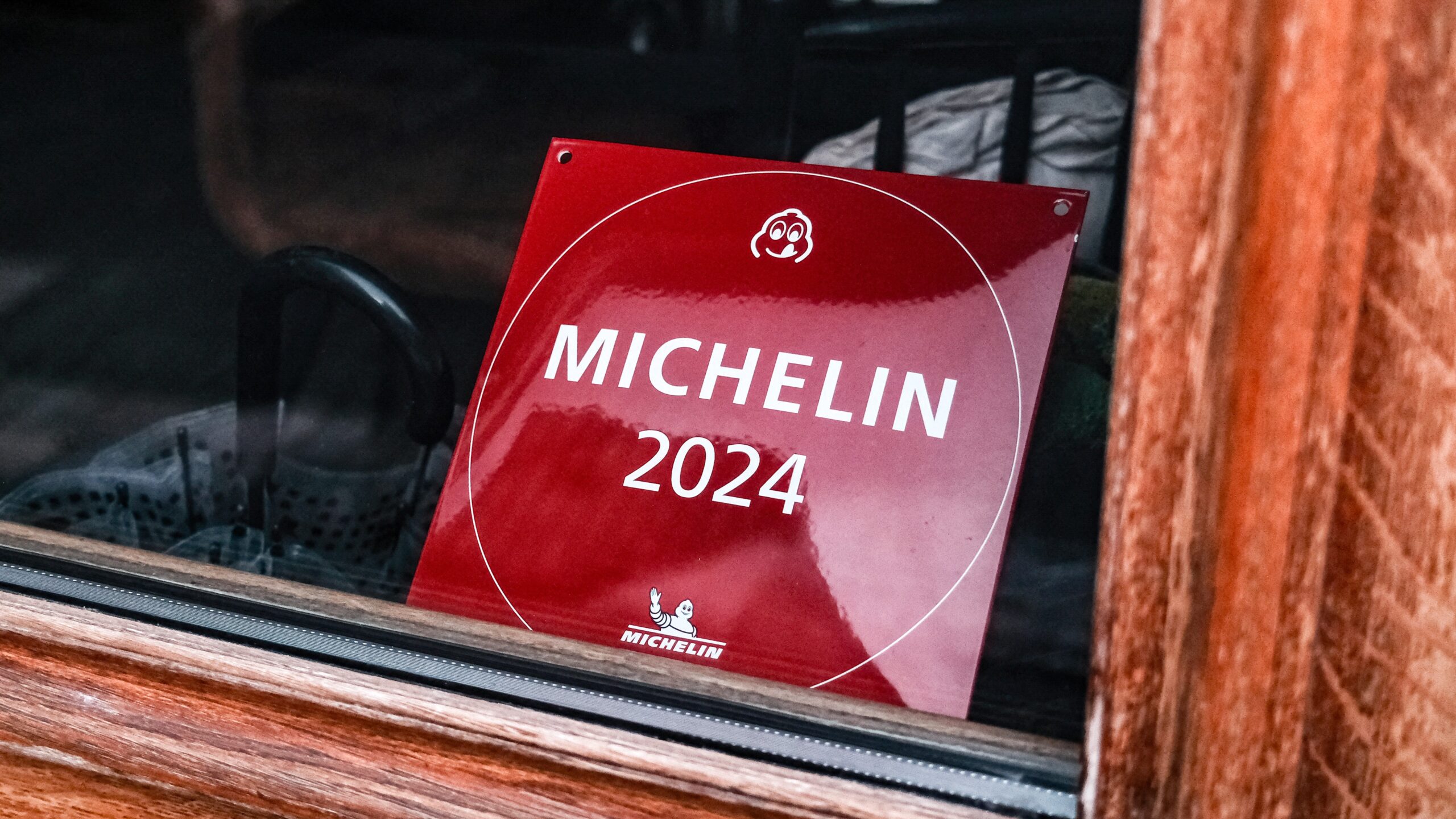Hungary is celebrating a banner year for tourism, with the country’s vibrant hospitality and acclaimed gastronomy taking centre stage. Minister for National Economy Márton Nagy highlighted these achievements at the Michelin Guide awards ceremony in Budapest, extending his gratitude to Hungarian restaurateurs for their remarkable contributions.
Tourism in Hungary has reached new heights in 2023. Between January and October, 15.5 million visitors spent 38.5 million nights in Hungarian accommodations—up 5.3 per cent from last year. The number of guests supporting the hospitality workforce increased by 10 per cent, driving the sector’s prosperity.
Nagy emphasized the economic impact of tourism, which now accounts for nearly 12 per cent of Hungary’s GDP and 10 per cent of the state budget. ‘Hungarian tourism is experiencing a boom,’ he said, affirming the government’s commitment to fostering growth.
Liszt Ferenc Airport (Ferihegy) is at the forefront of this success, with passenger numbers in 2024 projected to reach nearly 18 million—marking the fastest growth in Europe’s aviation sector. By 2030, this figure is expected to climb to 20 million. Nagy noted that the state’s decision to repurchase the airport has proven to be a lucrative move, with plans already in motion to lay the foundation for a third terminal next year. This expansion promises to deliver world-class facilities to accommodate the rising traveller demand.
The government also remains committed to supporting domestic tourism through initiatives like the SZÉP card, which provides a stable income source for the sector. Additionally, new regulations have been introduced to exempt tips from taxation and cap service charges, ensuring fair compensation within the hospitality industry.
The Michelin Guide continues to elevate Hungary’s global profile in gastronomy. The nation’s first Michelin star was awarded in 2010, and since last year, nine Hungarian restaurants boast stars, including two establishments with two stars each.
CEO of the Hungarian Tourism Agency Olivér Csendes underscored the importance of the Michelin Guide in highlighting the finest dining establishments and nurturing young talent. ‘It is a significant achievement for Hungary to feature prominently in such a prestigious publication,’ he said, noting that these accolades position Hungarian cuisine as a regional leader.
Nagy credited the collaboration between the Ministry for National Economy and the Restaurant Association for the sector’s achievements. He stressed the critical role restaurants play in the tourism boom, with their excellence drawing visitors and boosting the country’s reputation.
As Hungary continues to expand its tourism and culinary offerings, the nation’s strategic investments and dedication to quality promise sustained success in the years ahead.
Related articles:








